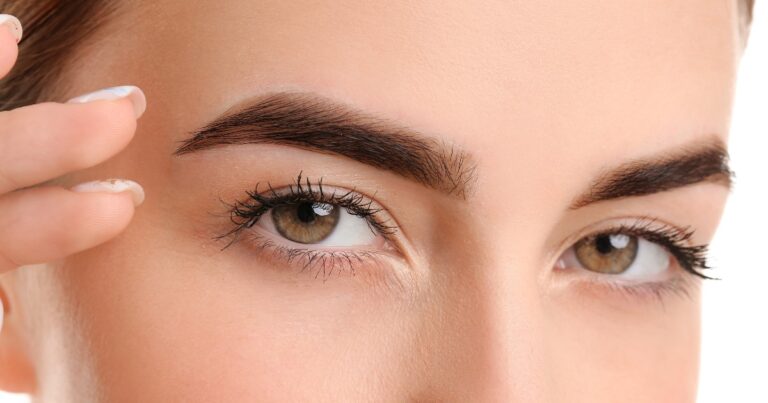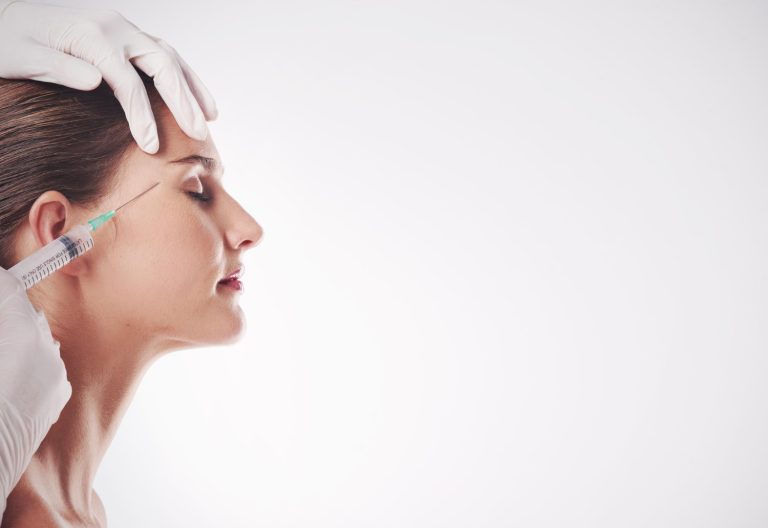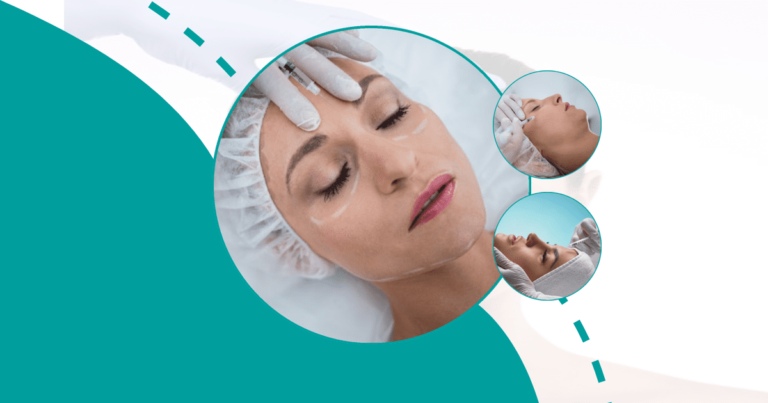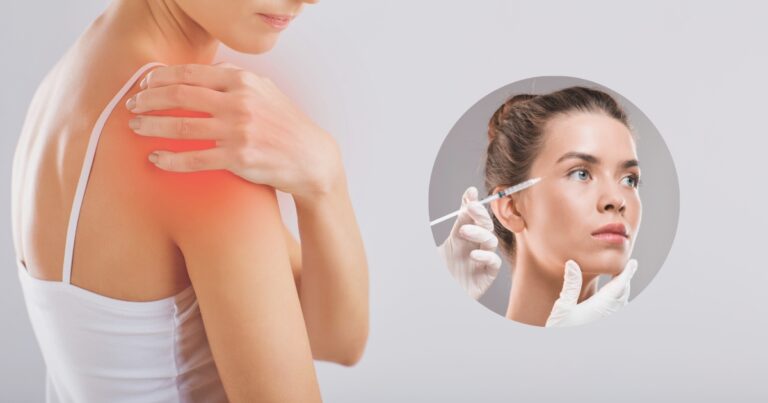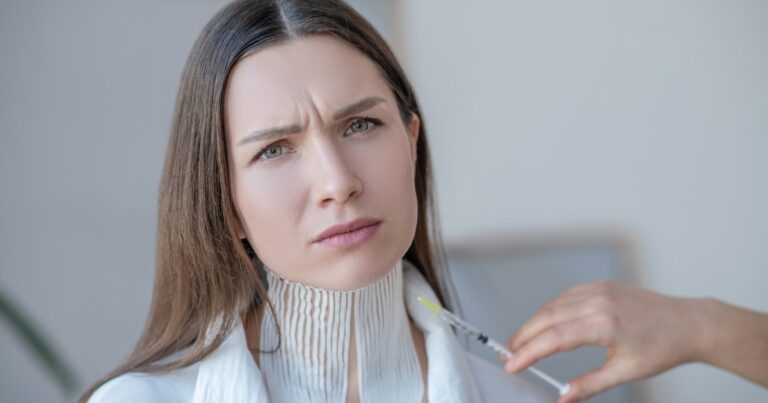There are many cosmetic treatments available, yet one question is increasingly gaining attention: Can Botox help with depression? Beyond its widely recognised use for reducing facial lines, emerging research hints at Botox’s influence on mental well-being. This article explores the connection between this popular treatment and depression.
What is the Science Behind Botox and Depression?
Botox, commonly known for cosmetic uses, has emerged as a potential treatment for depression. The underlying science suggests that facial expressions can impact emotional experiences. Inhibiting certain facial muscles with Botox may reduce negative emotions and boost self-confidence.
- Facial Feedback Hypothesis: This theory suggests that facial movements can influence emotional experiences.
- Inhibition of Muscles: Botox restricts the ability of certain facial muscles to contract.
- Brain Chemistry: There’s evidence to suggest that Botox may alter the levels of mood-regulating neurotransmitters.
- Emotion Regulation: The reduced capability to frown might play a role in preventing the cycle of negative feelings.
- Physical and Psychological Link: The connection between facial muscles and emotions is rooted in physiology and psychology.
- Alternative Pathways: Researchers are investigating if Botox impacts other neural pathways that affect mood.
How Does Botox Impact Mood and Emotions?
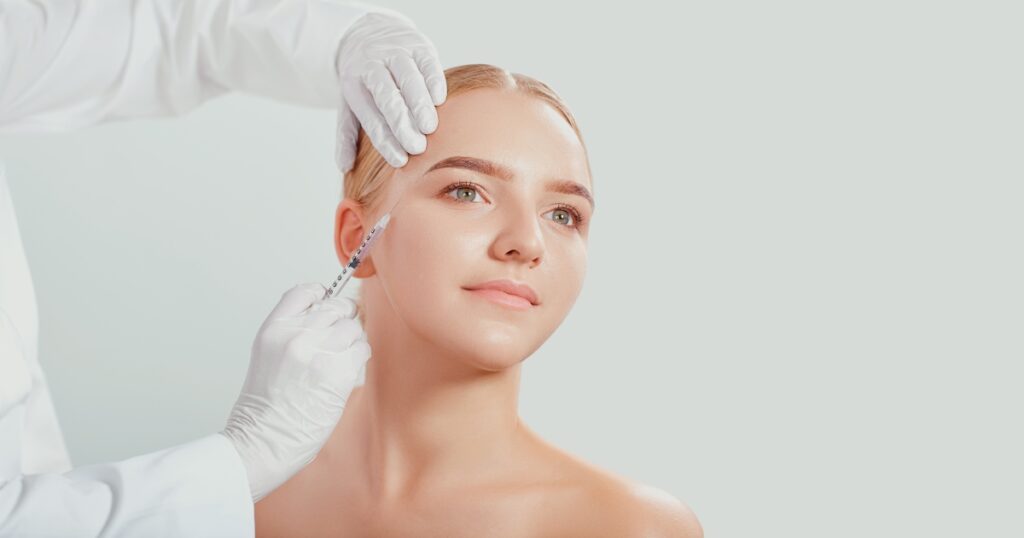
The administration of Botox appears to affect mood by modifying facial feedback. It’s believed that preventing certain facial expressions can reduce associated emotional responses. This mechanism potentially offers a novel approach to addressing mood disorders.
- Mood Elevation: Patients report feeling happier post-treatment.
- Reduction in Negative Feedback: By limiting certain expressions, negative emotional feedback can be reduced.
- Expression and Emotion: Studies indicate a bidirectional relationship between facial expressions and emotional states.
- Feedback Loop Disruption: Botox could disrupt the loop between negative facial expressions and depressive feelings.
- Somatic Markers: Botox might influence the somatic markers associated with emotion.
- Long-term Implications: Continuous research is needed to understand the prolonged impact of Botox on emotional health.
Are There Clinical Trials Supporting the Botox-Depression Link?
Several clinical trials have explored the potential benefits of Botox for depression. Preliminary results indicate a significant reduction in depressive symptoms for some participants. However, more comprehensive studies are required to establish efficacy and safety.
Book A Consultation With Dr Tarek Bayazid
Top-rated Plastic Surgeon For Botox in Dubai
Installment Plan Available
- Randomised Controlled Trials: Some trials suggest Botox’s potential as a therapeutic agent for depression.
- Sample Sizes: Many studies involve small cohorts, calling for larger-scale trials.
- Duration of Effect: Research has shown that effects can last several months post-administration.
- Placebo Effect: Considering the placebo effect in evaluating Botox’s efficacy is essential.
- Treatment Resistant Depression: Botox is being explored as a treatment for individuals non-responsive to standard treatments.
- Meta-analyses: Comprehensive reviews indicate promising but preliminary results.
Potential Side Effects: Is Botox Treatment Safe for Depression?
While Botox might offer relief for some, it’s not without side effects. Common side effects include bruising, swelling, or headache. It’s essential to weigh the potential mood benefits against the physical side effects.
- Cosmetic Side Effects: It is possible to experience temporary facial asymmetry or drooping.
- Allergic Reactions: Some individuals might experience allergic reactions to Botox.
- Duration: Most side effects are transient and resolve within days to weeks.
- Off-label Use: Using Botox for depression is currently off-label in many regions.
- Professional Administration: Only qualified professionals should administer Botox treatments.
- Informed Consent: Patients should be fully informed of risks and benefits.
How is Botox Administered for Depression Relief?
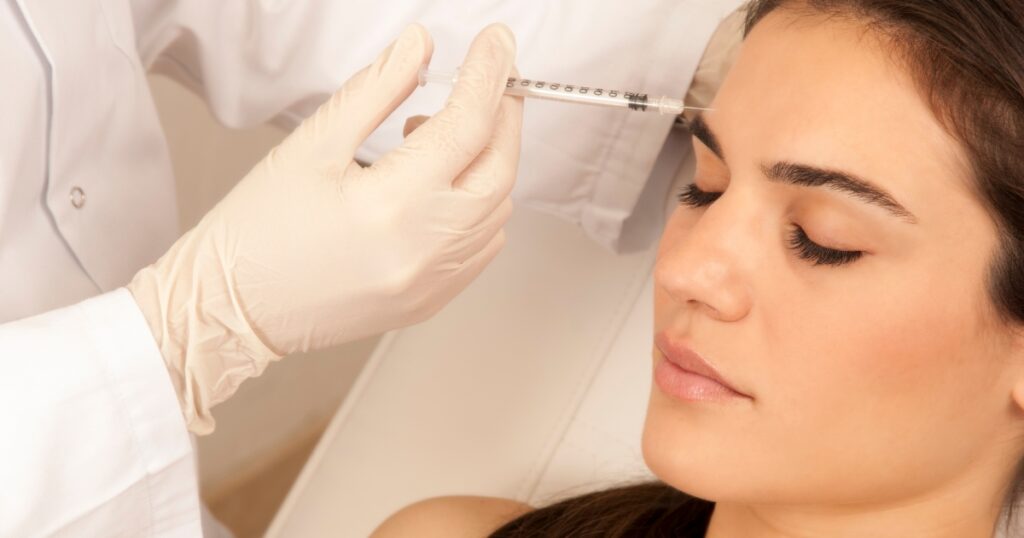
Botox for depression involves injecting the substance into targeted facial muscles. The procedure is relatively quick and requires minimal recovery time. Trained professionals determine precise dosage and injection sites.
- Target Muscles: Often, the corrugator and procerus muscles are targeted.
- Dosage: The dosage varies based on individual needs and the physician’s judgement.
- Procedure Duration: The process typically takes 10-30 minutes.
- Topical Anaesthesia: Sometimes, a numbing cream is applied beforehand.
- Post-treatment Care: Patients might be advised to avoid strenuous activities for a day.
- Follow-up: Regular check-ups post-treatment ensure optimal results and safety.
Are Results Immediate, or Do They Take Time to Manifest?
Botox results aren’t immediate and usually take a few days to become noticeable. In many cases, the peak effect occurs two weeks after injection, but the mood-enhancing effects may last for several months.
| Results Timeline | Description |
| Initial Changes | Often noticed within 48-72 hours |
| Peak Response | Generally achieved in two weeks |
| Duration of Effects | It lasts between three to six months |
| Individual Variability | Response times and effectiveness can vary |
| Re-administration | Often necessary for sustained benefits |
| Monitoring | Regular follow-ups are recommended for tracking and maintaining results |
The table provides a timeline of expected results from Botox treatment for depression, indicating the initial onset of changes, the peak response period, and considerations for ongoing treatment.
How Does Botox Compare to Traditional Antidepressants?
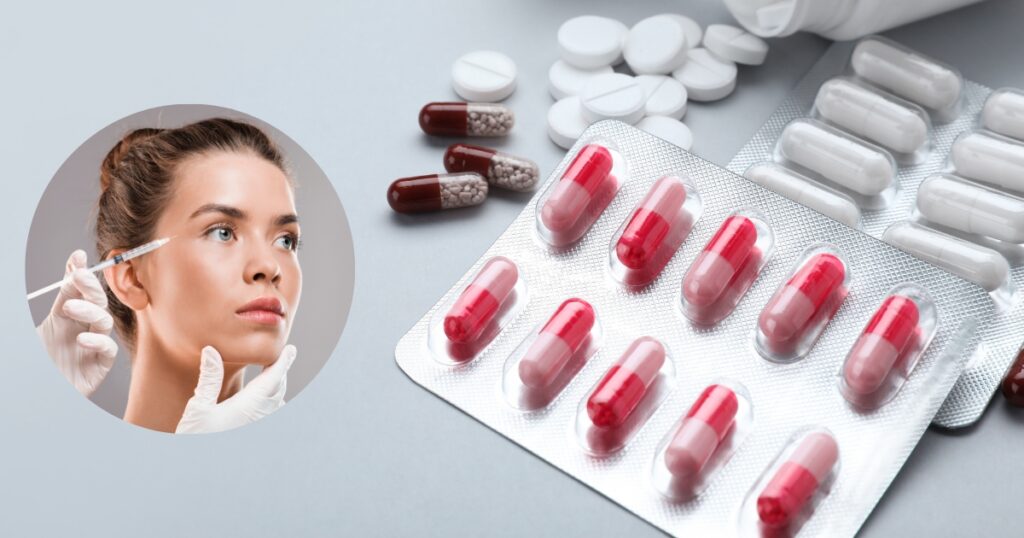
Botox presents a different mechanism of action compared to traditional antidepressants. While some find Botox effective, it’s not a replacement for established treatments. Both options have their pros and cons, and decisions depend on the individual.
| Comparison Factor | Botox | Traditional Antidepressants |
| Mechanism of Action | Influences facial muscles | Acts on neurotransmitter levels |
| Onset of Effects | It may be noticed within days | Typically several weeks |
| Side Effects | Mainly localised, physical effects | Can include systemic, cognitive effects |
| Duration of Treatment | Effects last several months | Continuous use is often necessary |
| Accessibility | Procedure-based, professional setting | Prescription medication |
| Cost | Potentially higher upfront costs | Varied based on healthcare coverage |
This table compares Botox and traditional antidepressants across multiple facets, including their mechanisms of action, typical onset of effects, and the nature of side effects, highlighting their distinct treatment approaches.
Patient Reviews: Can Botox Help with Depression?
Anecdotal evidence suggests that many individuals experience mood enhancement post-Botox. Personal accounts often highlight improved self-esteem and overall well-being. However, individual experiences can vary widely.
- Positive Feedback: Many testimonials speak of heightened improved appearance and confidence.
- Placebo Impact: Considering the psychological effects of a cosmetic procedure is crucial.
- Long-term Satisfaction: Some individuals report sustained mood benefits across treatments.
- Varied Responses: Not everyone experiences the same level of mood enhancement.
- : Managing expectations is key to achieving desired results.
- Holistic Approach: Some combine Botox with other treatments or therapies for comprehensive care.
The Role of Facial Expressions in Emotional Well-being
Facial expressions are intrinsically linked to our emotions. Our emotional state can influence and be influenced by feedback from facial muscles. This bi-directional relationship forms the basis for the potential mood-modulating effects of Botox.
- Feedback Mechanism: Facial expressions can amplify or dampen emotional experiences.
- Emotional Recognition: We often rely on facial cues to interpret others’ emotions.
- Mirror Neurons: These neurons fire when performing an action and observing it, potentially influencing empathy.
- Communication: Expressions play a vital role in non-verbal communication.
- Self-perception: Our facial expressions can influence how we perceive our emotional state.
- Neurological Connections: The brain has intricate connections with facial muscles, potentially impacting mood.
Botox for Depression: Breakthrough or Just a Theory?
The use of Botox for depression remains a topic of debate. While preliminary findings are promising, it’s not yet recognised as a standard treatment. Continued research, larger trials, and long-term studies are required to determine its place in mental health care.
- Emerging Research: Several studies suggest Botox’s potential efficacy for depression.
- Scepticism: Some experts remain sceptical due to limited data.
- Regulatory Approval: Most regulatory bodies haven’t approved Botox explicitly for depression.
- Alternative Treatment: Botox might offer relief for some when other treatments fail.
- Holistic View: It’s essential to view Botox as part of a broader therapeutic landscape.
- Future Potential: Ongoing research will shape the future role of Botox in treating depression.
The question “Can Botox Help with Depression?” warrants further study. Although promising, more research is needed to confirm its effectiveness in treating depression.
If you are considering getting Botox in Dubai, then look no further than Dr Tarek. He is:
- Premier Dubai Plastic Surgeon: Renowned for facial rejuvenation and body contouring.
- Comprehensive Aesthetic Procedures: Offers a wide range of sought-after treatments.
- Personalised Patient Approach: Provides personalised care to improve the quality of life for patients.
- International Training: MD from Belgrade University, European surgical training.
- Esteemed Association Memberships: ISAPS, Serbian Medical Chamber, DHA.
- Advanced Techniques: Known for “composite deep plane facelift” and minimal invasiveness.
- Global Patient Base: Serves worldwide clientele, emphasising natural results and safety.
Book a consultation with Dr Tarek today and get rid of your insecurities.




